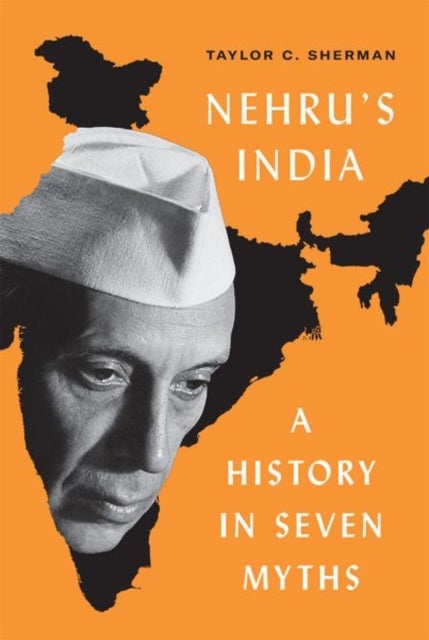
Nehru's India av Taylor C. Sherman
449,-
<p><b>An iconoclastic history of the first two decades after independence in India</b><br><br><i>Nehru¿s India </i>brings a provocative but nuanced set of new interpretations to the history of early independent India. Drawing from her extensive research over the past two decades, Taylor Sherman reevaluates the role of Jawaharlal Nehru, India¿s first prime minister, in shaping the nation. She argues that the notion of Nehru as the architect of independent India, as well as the ideas, policies, and institutions most strongly associated with his premiership¿nonalignment, secularism, socialism, democracy, the strong state, and high modernism¿have lost their explanatory power. They have become myths.<br><br>Sherman examines seminal projects from the time and also introduces readers to little-known personalities and fresh case studies, including India¿s continued engagement with overseas Indians, the importance of Buddhism in secular India, the transformations in industry and social life bro








